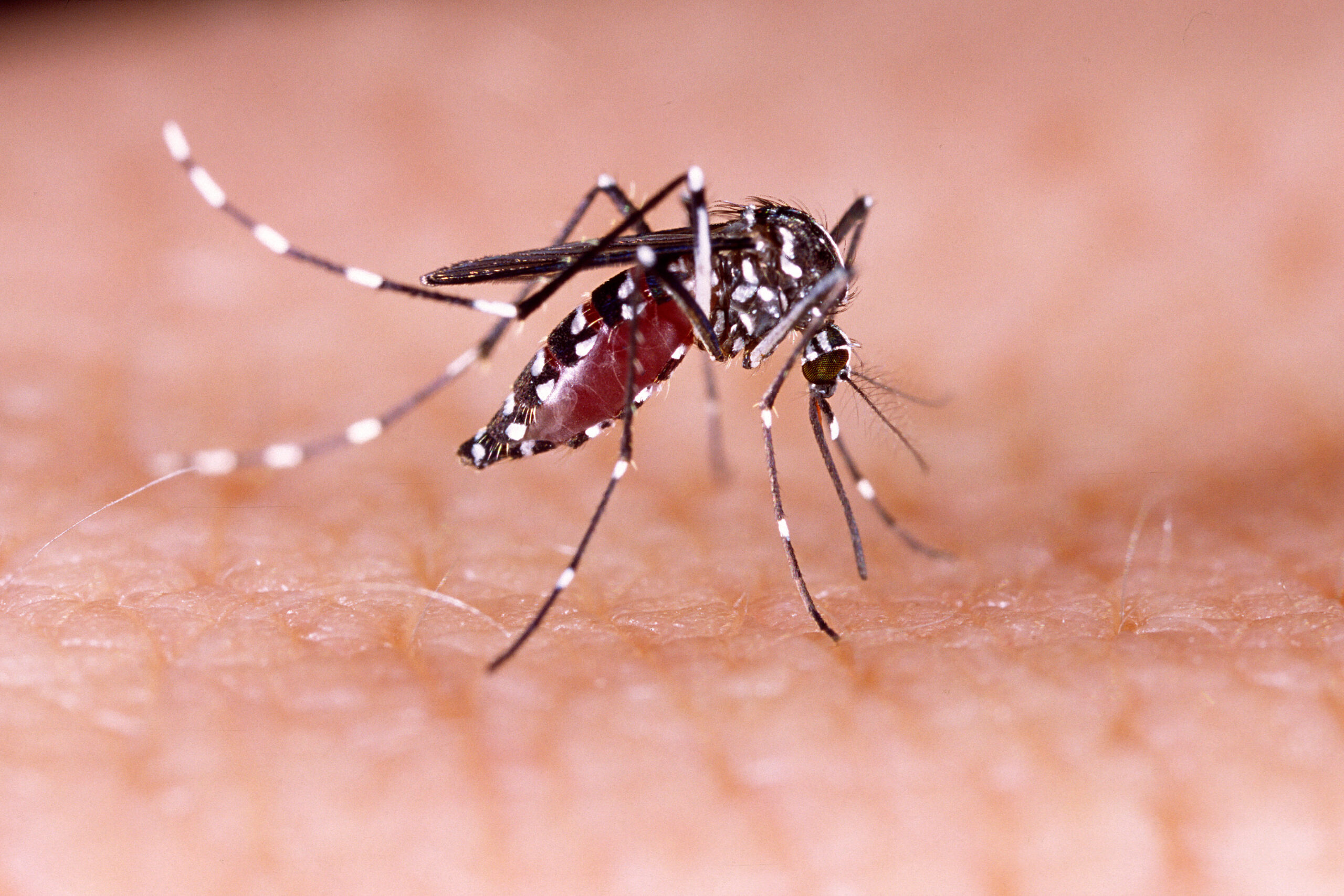Last Updated on 2023-05-22 , 5:15 pm
According to a recent Facebook post by the National Environment Agency (NEA), two additional Zika cases have been reported in Singapore.
As of 2023, this brings the total number of Zika cases here to five.
Since 2022, Singapore has recorded two Zika cases following a brief decrease in reported cases in November of that year.
The NEA states that the new cases are primarily linked to a cluster involving individuals residing or working in Kovan, and the number of cases in this cluster has increased from three to four as of 17 May 2023.
Despite this, Zika cases remain relatively low.
The same cannot be said for dengue cases.
As of 13 May 2023, 103 new dengue cases and 33 active clusters were reported in Singapore.

Zika Cases On the Rise in Singapore
Since Brazil experienced a significant outbreak in 2015, evidence of mosquito-transmitted Zika infection has been reported in 86 countries and territories.
Following the World Health Organisation’s (WHO) declaration of Zika as a public health emergency in early 2016, the first locally transmitted Zika case was promptly detected in Singapore in August of the same year.
Between August and November 2016, Singapore experienced a major Zika outbreak, with 455 cases of Zika virus infections recorded here that year.
While the number of cases gradually declined after 5 November 2022, there has been a resurgence of Zika cases following the emergence of a cluster in Kovan in May 2023.
Two of the three Kovan residents who contracted the virus have recovered at home, while one remains in stable condition at the hospital.
A fourth case has been linked to the Kovan outbreak as of 17 May 2023, while NEA gave no updates regarding the location where the fifth Zika case was detected.
Since the incident, residents in Kovan, especially pregnant women, were advised to monitor their health closely and seek medical attention if they experience Zika symptoms.
Authorities also alerted doctors to remain vigilant and conduct Zika tests for patients exhibiting compatible symptoms, particularly those residing or working in the Kovan area.
Additionally, individuals were encouraged to inform their doctors about their residential and occupational locations if they exhibited Zika symptoms to ensure accuracy regarding the mosquito hotspots in Singapore.
NEA Advises Residents to Remain Vigilant
According to the NEA, the primary carrier of dengue and Zika viruses is the female Aedes aegypti mosquito.

When an infected Aedes mosquito bites an individual, the Zika virus can be transmitted through the bite, alongside dengue and chikungunya viruses.
Those contracting the Zika virus may experience symptoms such as fever, rash, and joint pain within three to 14 days after being bitten.
Similarly, the dengue virus manifests with some of the above-mentioned symptoms, albeit with others a little more serious, including severe headache, eye pain, skin rashes, nausea, vomiting, and mild bleeding.
Although most Zika patients do not develop as severe symptoms, medical professionals have advised vulnerable individuals, particularly pregnant women, to seek medical attention if they observe any Zika symptoms.
Zika can be transmitted to the fetus during pregnancy, leading to developmental issues in the brain, vision, and a condition called Microcephaly, where affected fetuses are observed to be born with an abnormally small head.
Since WHO lifted the emergency status in November 2016, over 3,700 children have been born with health defects due to the virus.
While none of the infected individuals in the Kovan cluster was reported to be pregnant women, authorities still caution residents to remain vigilant as it is challenging to detect Zika outbreaks within residential areas since many infected individuals display mild or no symptoms.
Preventive Measures By the Authorities
Regrettably, the Aedes aegypti mosquito thrives in Singapore’s urban environment, with it quickly finding numerous breeding sites and hosts to feed on in our estates.
As such, despite multiple preventive measures being rolled out by authorities, it can still be challenging to control the occurrence of Zika virus cases here.
Nonetheless, following the detection of clusters in the Kovan area, authorities have taken measures to eliminate mosquito breeding sites and conducted fogging in the area to reduce the risk of local Zika transmission.
Although Zika is typically a mild and self-limiting illness, with symptoms resolving within a week, individuals are still advised to stay vigilant as no specific cures or vaccines are currently available.
The development of a Zika vaccine is still an active area of research, as highlighted by WHO.
To combat dengue and Zika, the NEA has launched the #BLOCKDengue campaign and the Mozzie Wipeout movement, urging residents to consistently prevent potential breeding grounds for Aedes mosquitoes.
This includes advising residents to empty their flowerpot plates, overturn their pails, change the water in their vases, and keep their roof gutters clear.
Individuals are also encouraged to apply insect repellent, especially when visiting local dengue hotspots where mosquitoes may be more prevalent or when travelling to countries with endemic mosquito-borne diseases.

Additionally, the NEA has deployed approximately 70,000 Gravitraps in public and landed housing estates throughout Singapore.
The trap not only helps prevent these mosquitos from biting other people but also prevents the emergence of new mosquitoes from eggs laid in the trap.
For enhanced personal protection, individuals can download the myENV application or visit NEA’s website to receive alerts about areas in Singapore with high populations of Aedes mosquitoes.




